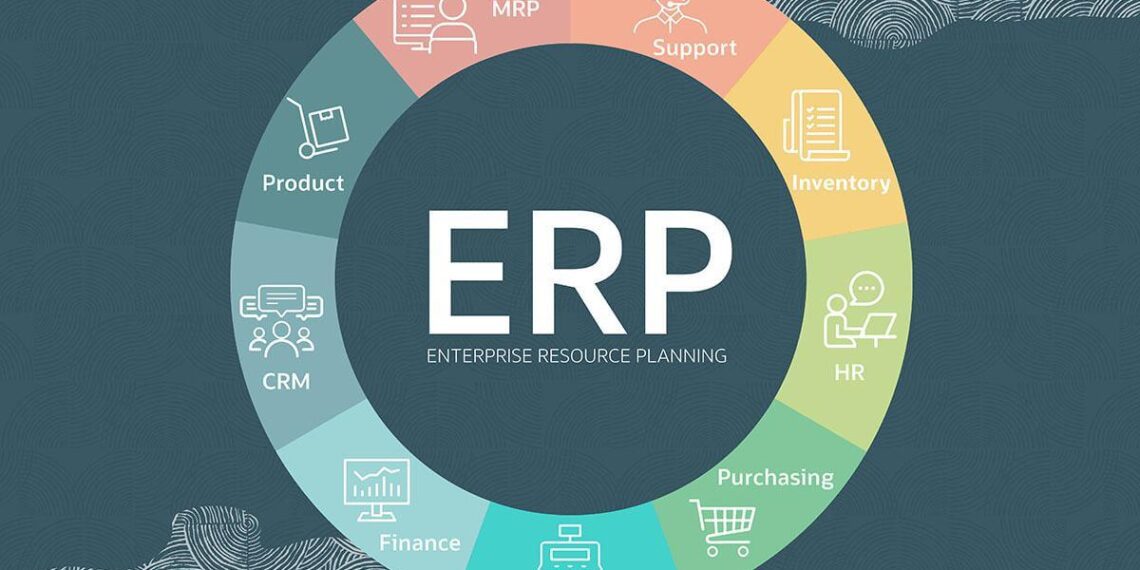Many businesses are moving from on-premise physical systems to cloud systems because of the many advantages cloud solutions provide. Cloud systems let companies adopt new technologies, extend the value of their systems, evolve their financial systems, and create robust security. They are also easy to keep up to date with the latest functions, features, and best practices, making this software revolutionary for all types of companies.
Table of Contents
What Is a Cloud ERP?
Cloud enterprise resource planning, or Cloud ERP, is a type of business software that manages everyday activities within a company, like procurement, accounting, risk management, project management, supply chain operations, and compliance. Some cloud ERP software also has enterprise performance management, like the ability to budget, plan, report, and predict a company’s finances. Cloud ERP systems help businesses to facilitate the flow of data between business processes by collecting shared data from multiple sources, eliminating duplicate data, and providing data integrity. Many companies find cloud ERP critical to managing their businesses.
Overview of Cloud ERP
Cloud ERP systems ensure normalized data with common user experiences by using a defined data structure with a common database. Driven by workflows, these core constructs then interconnect business processes across multiple departments, connecting the systems and the people using them. Modern companies use cloud ERP as a vehicle for coordinating processes, people, and technologies. Cloud ERP collects data into a central location and organizes it for wide distribution so that companies don’t have to use multiple standalone databases. With a centralized and secure database, companies have confidence their data is complete, correct, current, and shared with the right people.
Top ERP Software
Acumatica is an incredible ERP software option, as it provides a complete package for businesses with financials, customer relationship management, project accounting, business intelligence, and reporting. This software supports an entire staff working from any location, which provides flexibility, continuity, and efficiency to all staff members. Acumatica can meet any business’ needs with its multiple editions of ERP software, each with unique features, like their general business edition, distribution edition, manufacturing edition, construction edition, and retail-commerce edition. All of Acumatica’s licenses are growth-friendly and flexible, providing the exact amount of computing power needed.
Benefits of Cloud Computing
Cloud ERP systems have a positive impact on today’s business world. Many companies are seeing significant increases in revenue, thanks to improved workflows and aligning the data and processes between departments. More benefits include:
- Improved insight: Real-time information generates accurate and current reports for improved business insight.
- Lower costs: Best practices like streamlined business processes and integrated uniform systems lower operational and management costs.
- Better collaboration: The ability of users to share data, like with contracts, purchase orders, and requisitions, enhances cross-departmental collaboration.
- Increased efficiency: Well-defined business functions and processes through common user experiences increase business efficiency.
- Consistent infrastructure: With cloud ERP systems, all the activities within a business have the same feel and look, from the front office to the back office.
- Reduced risk: The improved financial controls and data integrity reduces common risks companies face.
Clients First Business Solutions loves to help companies leverage cloud ERP systems to get the maximum benefits. Contact Clients First Business Solutions to learn how implementing a cloud ERP system can give your company a competitive edge.

